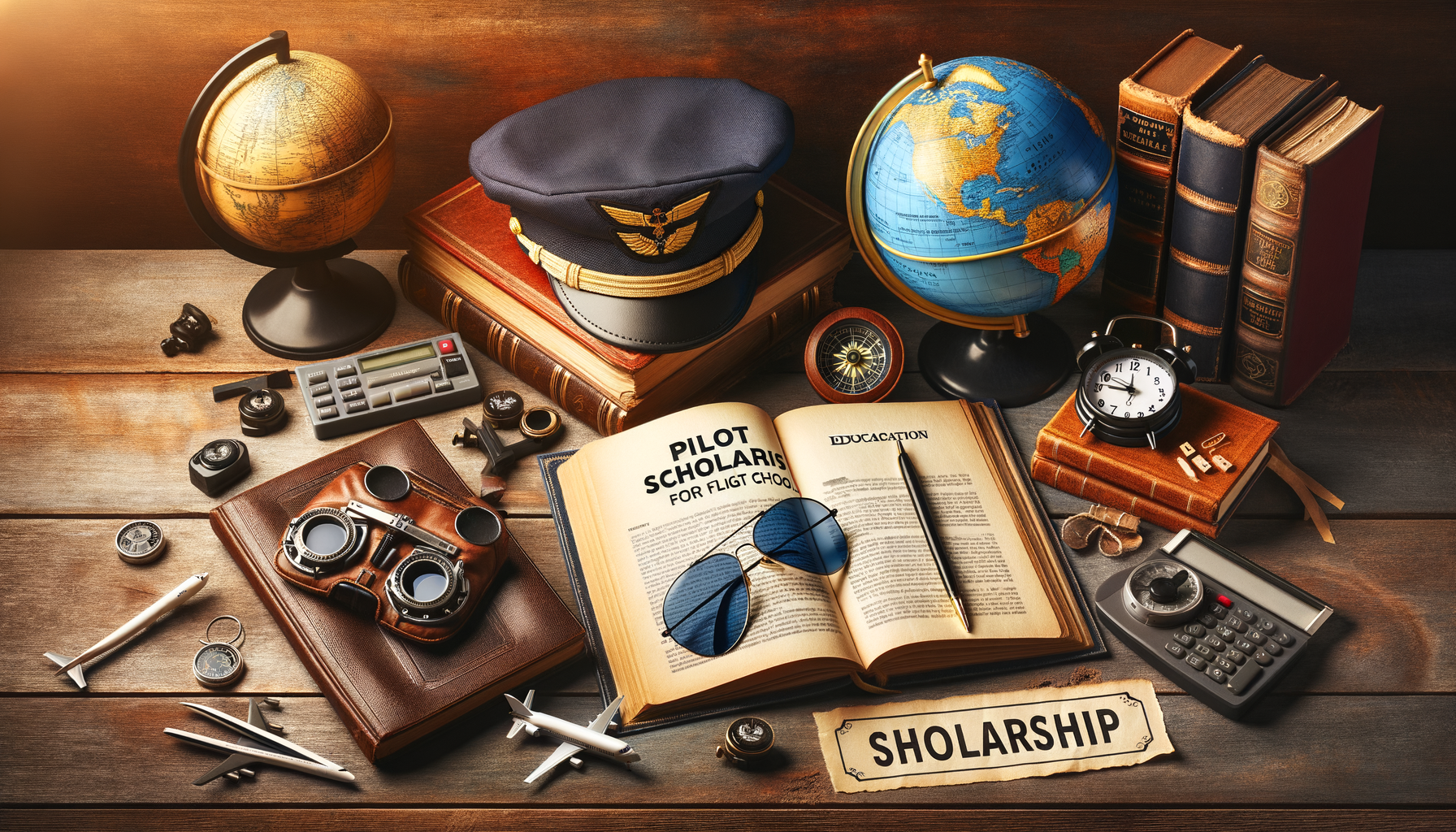
Pilot Scholarships: Navigating Your Flight School Journey
Understanding Pilot Scholarships
Embarking on a journey to become a pilot is both thrilling and financially demanding. Pilot scholarships serve as a vital resource, offering financial assistance to aspiring aviators. These scholarships are designed to alleviate the financial burden associated with flight training, which can be a barrier for many. They provide an opportunity for individuals who may not have the means to pursue their aviation dreams otherwise.
Scholarships can cover a range of costs, from tuition fees to flight hours, making them an attractive option for students. The availability of these scholarships is often based on merit, financial need, or both, and they are offered by various organizations, including aviation companies, educational institutions, and government bodies. Understanding the different types of scholarships and their requirements is crucial for applicants to maximize their chances of receiving financial aid.
Types of Pilot Scholarships
Pilot scholarships come in various forms, each catering to different aspects of flight training. Some scholarships are specifically aimed at covering the cost of flight hours, which are essential for gaining practical experience. Others may focus on academic tuition, providing support for students enrolled in aviation degree programs.
Additionally, there are scholarships aimed at promoting diversity within the aviation industry, encouraging women and underrepresented groups to pursue careers as pilots. These scholarships not only provide financial support but also help to create a more inclusive aviation environment. Furthermore, some scholarships are linked to specific airlines or flight schools, offering recipients a direct pathway into the aviation industry upon completion of their training.
Eligibility Criteria and Application Process
The eligibility criteria for pilot scholarships can vary significantly depending on the provider. Common requirements include a demonstrated passion for aviation, academic excellence, and financial need. Some scholarships may also require applicants to hold a private pilot license or have a certain number of flight hours.
The application process typically involves submitting an application form, along with supporting documents such as transcripts, letters of recommendation, and a personal statement. It’s essential for applicants to carefully review the requirements and deadlines for each scholarship to ensure a complete and timely submission. Crafting a compelling personal statement that highlights one’s passion for aviation and career goals can significantly enhance an application.
Benefits of Pilot Scholarships
Pilot scholarships offer numerous benefits beyond financial assistance. They provide recipients with recognition and validation of their potential as future pilots. This recognition can boost confidence and motivation, encouraging students to excel in their training and studies.
Moreover, scholarships often come with additional opportunities, such as mentorship programs, networking events, and internships. These experiences can be invaluable in building a professional network within the aviation industry and gaining insights into various career paths. In some cases, scholarship recipients may also be offered job placements or guaranteed interviews with sponsoring airlines or flight schools.
Conclusion: Charting a Course for Success
Pilot scholarships play a crucial role in making aviation training accessible to a wider range of individuals. By understanding the different types of scholarships and their application processes, aspiring pilots can take advantage of these opportunities to support their educational journey. Whether it’s through financial aid, mentorship, or networking, scholarships can provide the necessary resources to help future pilots achieve their dreams and contribute to a diverse and dynamic aviation industry.


